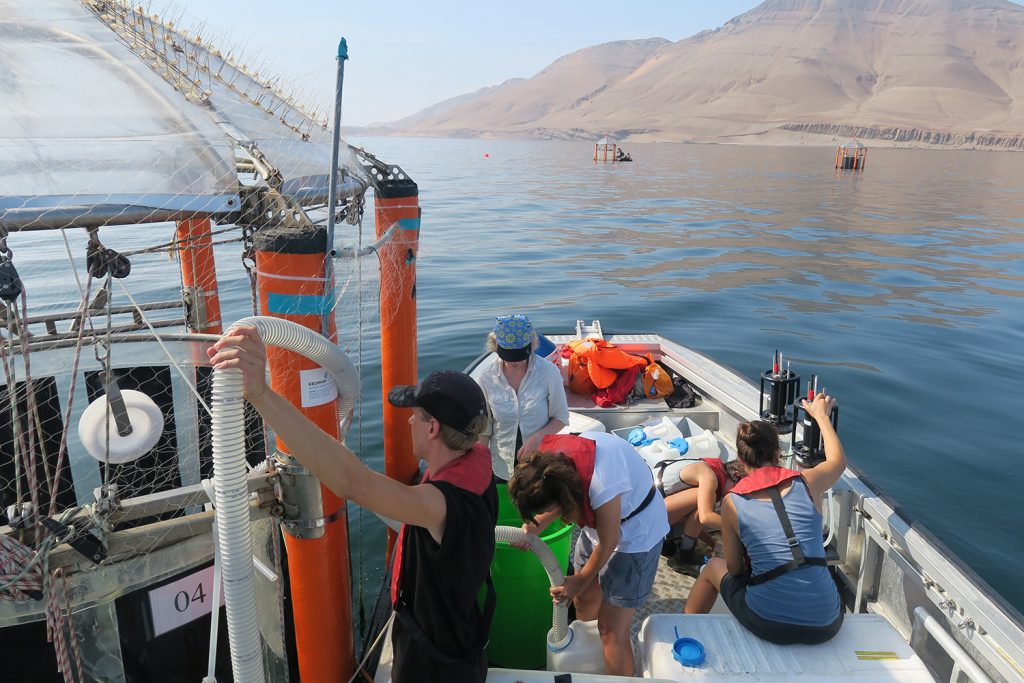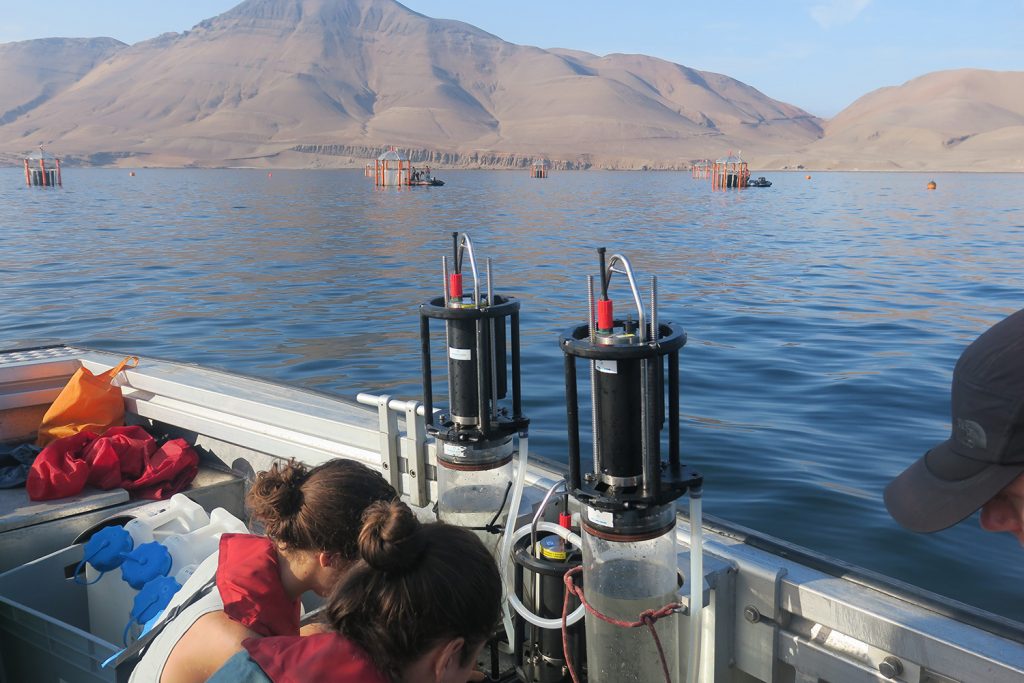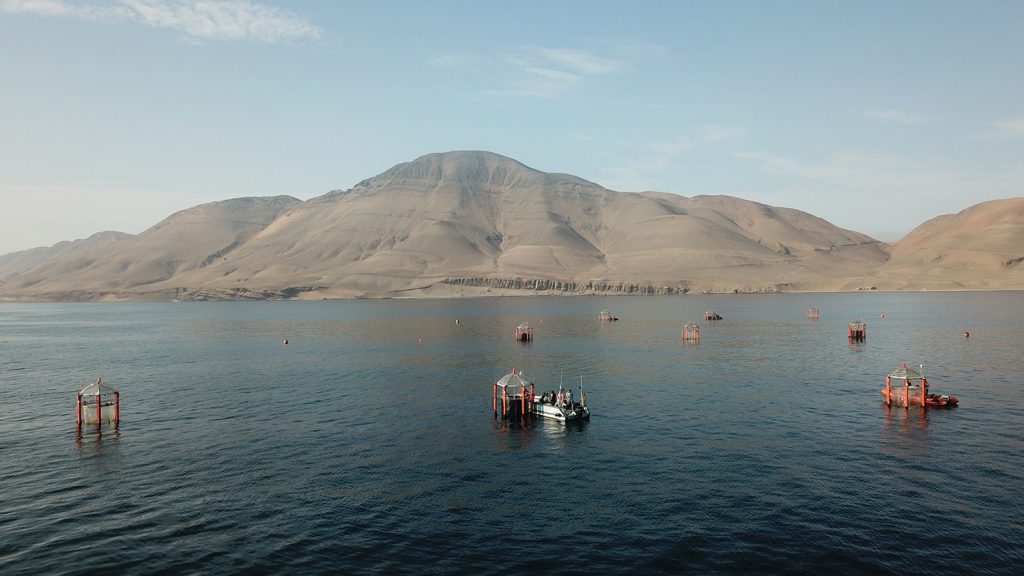In den vergangenen beiden Wochen haben wir von dem Mesokosmen-Experiment in Peru berichtet. Seit Mitte Januar führt dort ein über 60-köpfiges internationales Forscherteam ein aufwändiges Feldexperiment mit den am GEOMAR entwickelten KOSMOS-Mesokosmen im Bereich des Küstenauftriebssystems durch. Die im Rahmen des BMBF-Projekts CUSCO durchgeführte Studie untersucht, wie sich der Klimawandel auf das biologisch äußerst produktive Ökosystem vor der Küste Perus auswirken kann (Mehr Informationen dazu im CUSCO-Blog). Die Studie konnte jetzt trotz zahlreicher Einschränkungen vor Ort erfolgreich zum Abschluss gebracht werden. Aktuell bemüht sich das GEOMAR-Team darum, die Rückabwicklung der Feldstudie zu koordinieren. Dabei war das Peruanische Institut für Meeresforschung IMARPE mit seinen Schiff IMARPE VI von großer Hilfe. Hier noch einige Eindrücke von den letzten Tagen des Experiments und vom Einholen der Mesokosmen.



In the past two weeks, we have reported on the mesocosm experiment in Peru, where an international team of more than 60 researchers has been conducting a complex field experiment with the KOSMOS mesocosms developed at GEOMAR in the area of the coastal upwelling system since mid-January. The study, carried out as part of the BMBF project CUSCO, investigates how climate change may affect the biologically highly productive ecosystem off the coast of Peru (more information on this can be found in the CUSCO blog). The study has now been successfully completed despite numerous local restrictions. Currently, the GEOMAR team is trying to recover the infrastructure and to pack it for the transport back to Germany. The Peruvian Institute for Marine Research IMARPE with its ship IMARPE VI was of great help in this. Above you fnd some impressions of the last days of the experiment and of the recovery operation.
